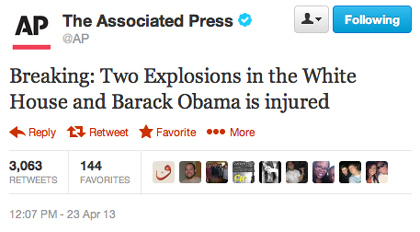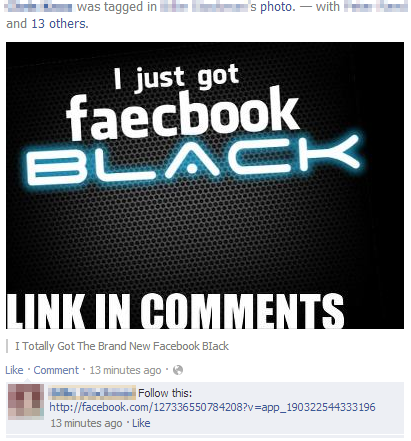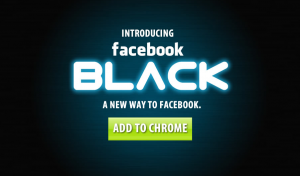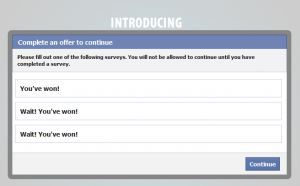I’m going to assume you’re relatively up-to-date on the scandal surrounding the release of Fairfax journalist Andrea Vance’s phone records (metadata) by Parliamentary Services to the Henry Inquiry that was investigating the leaking of details on an investigation into the GCSB.
Summary
The very brief summary is that Andrea Vance published details of the GCSB report after receiving them from a source she didn’t identify. She is a press gallery reporter meaning she has an office within Parliament and that office is served by a phone line that is provisioned and managed by Parliamentary Services and paid for by Fairfax media. It’s effectively her personal work phone line.
It very recently became apparent that 3-months worth of records (incoming and outgoing call data – numbers and durations) was released by Parliamentary Services (or more specifically their IT company who actually manage the phone system) to the Henry Inquiry. This seems, clearly, a breach of privacy. It has been complicated terribly by a variety of conflicting information about it.
We were told, when it was revealed that the Henry Inquiry obtained records of Vance’s security card use, that they had requested data from her office phone line but that Parliamentary Services had refused to provide it. So weeks later when we learn that in fact they did deliver data about her phone line to the Inquiry it was difficult to believe that the data in question was never requested as it was claimed by Speaker David Carter.
The Truth (?)
Today the Prime Minister tabled emails that lay out the sequence of events and they appear to backup the Speaker’s claim – the initial request to Parliamentary Services was for all information about any calls to or from a number of Minister’s phones to or from any of Vance’s phone numbers. The Prime Minister’s office made the request and assured Parliamentary Services that they had permission from the ministers in question (by virtue of the fact that the ministers had been instructed to co-operate).
Those emails show that the request that was made was only for records from Ministers’ phone lines however, through either ambiguity in the request or as a result of an over-eager IT contractor, data was also provided for Vance’s office phone line. The reply to this data was clear and correct – that the information was not what was requested and was not wanted.
Privacy and Metadata
If anything, this whole event further serves to demonstrate the validity and sensitivity of metadata – a word that many were probably unfamiliar with a few months ago. The Inquiry didn’t need Vance’s records (and probably knew they couldn’t reasonably request them) because any phone call involves at least two parties. By simply searching the records of the other possible parties (the listed Ministers) they could get enough information without the need for her data.
But was it an invasion of Vance’s privacy or an assault on her role as a journalist? In practice yes – they received a whole lot of data that should have been considered private (although the Prime Minister’s position on the privacy of metadata is questionable) – but in theory, I think, no. The data they were searching was, effectively, their own. The Government had the implicit permission of its Ministers to access their records. The automated search for Vance’s numbers in those records is not different in practice than if they’d requested print outs of the information and sat down with a highlighter.
What about Vance’s ability to do her job? Well she was never in the firing line personally – there was no question that she’d received the information, and she was not being pursued by the Inquiry. Instead the focus of the Inquiry was on how she had received it – who had leaked it. Government Ministers were the focus of the inquiry and their data was sought and searched with permission. No one was attempting to stop her from doing her job, or punishing her for it.
But the whole thing does raise some interesting questions – who does have the right to see Minister’s phone records? Effectively a Minister is an employee of the Government. As most corporate employees will know these days, they effectively give up any privacy they have in their work-provided communications. Modern employment contracts usually make it quite clear that your computer (and phone) usage may be tracked or reviewed.
It doesn’t seem unreasonable to expect that the Prime Minister, as head of the Government, would be allowed to query the records of any of his employees (Ministers) in the same way that a corporate CEO might. Further more we, as citizens, should in theory also have that right. Ministers’ communications are subject to the Official Information Act.



